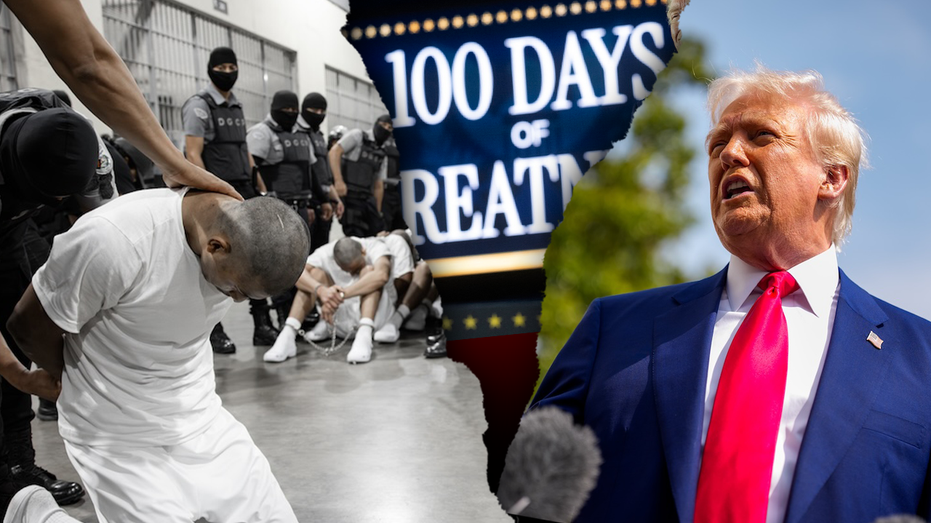Trump Administration Resists Judge’s Order to Return Wrongfully Deported Venezuelan Asylum Seeker

Sarah Johnson
May 6, 2025
Brief
The Trump administration resists a judge's order to return Daniel Lozano-Camargo, a wrongfully deported Venezuelan migrant, as legal and political tensions escalate.
The identity of a second wrongfully deported migrant has now come to light, as controversy heats up between the Trump administration and a federal court over his return to the U.S.
Previously known only as "Cristian," the man was identified this week as Daniel Lozano-Camargo, a 20-year-old Venezuelan who had been living in Houston before being arrested for cocaine possession in January. In March, he was deported to El Salvador—an eyebrow-raising move, considering his asylum claim hadn’t even been fully heard yet.
U.S. District Judge Stephanie Gallagher made it clear last month: the deportation violated a settlement agreement the Department of Homeland Security struck with a group of young asylum seekers—including Lozano-Camargo. The deal? Don’t deport them until their asylum claims are fully processed. The reality? Well, clearly, someone didn’t get that memo.
Lozano-Camargo, who came to the U.S. as an unaccompanied child, submitted his asylum request back in December 2022. But before the process played out, he was swept out of the country with hundreds of others on March 15. Judge Gallagher has since ordered the administration to make a "good faith request" to El Salvador to release Lozano-Camargo to U.S. custody so he can await the rest of his asylum proceedings in the States.
This isn’t the only case making headlines. Gallagher referenced the mistake-riddled deportation of Kilmar Abrego Garcia, an alleged MS-13 member also sent to El Salvador, which officials are now calling an "administrative error." The government is still resisting court orders to help bring Abrego Garcia back, doubling down on its stance in a recent court filing.
The Trump administration argues Lozano-Camargo lost his right to claim asylum because his cocaine conviction made him an "alien enemy" under the 1798 Alien Enemies Act—talk about a throwback law. They insist this removes him from the class protected by the settlement. Basically, if you’re called an "alien enemy," it’s a one-way ticket out, no matter what deals are on the table.
For those keeping score at home, there’s no public evidence Lozano-Camargo is part of the Venezuelan gang Tren de Aragua, which the Trump administration recently labeled as a terrorist group. While Justice Department filings have painted him as a member of a "violent terrorist gang," no direct links to Tren de Aragua have surfaced, and some details remain redacted. So, for now, the only thing transparent about this saga is the paperwork shuffle—and maybe how the system sometimes manages to trip over its own rules.
Topics
Editor's Comments
Honestly, if the government keeps using laws from 1798 to decide who stays and who goes, maybe we’ll see powdered wigs back in court, too. The whole situation feels like a bureaucratic version of musical chairs—except when the music stops, someone’s already on a plane to another continent.
Like this article? Share it with your friends!
If you find this article interesting, feel free to share it with your friends!
Thank you for your support! Sharing is the greatest encouragement for us.



